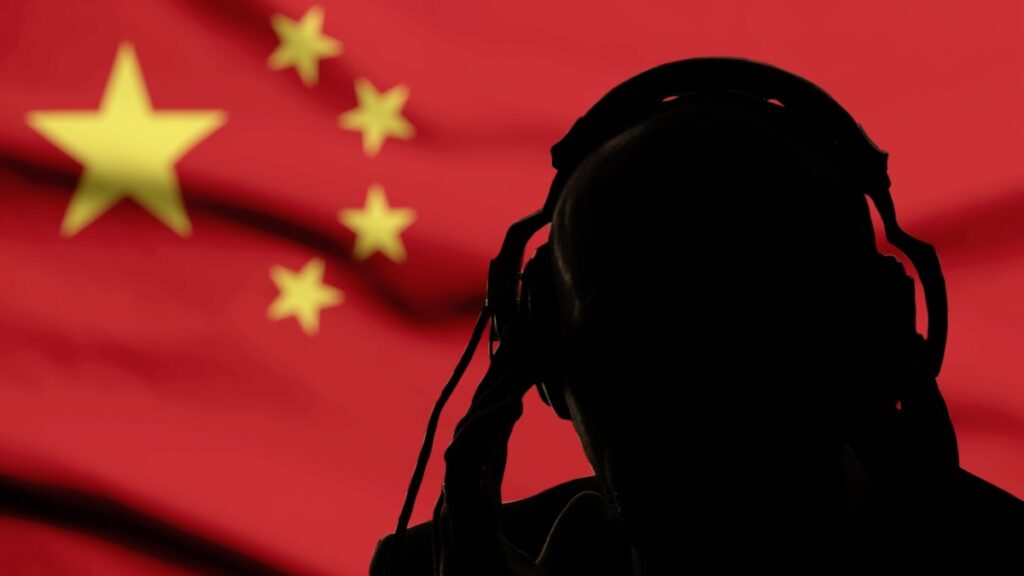
February 22, 2024 at 09:15AM
Chinese police are investigating a significant unauthorized online dump of documents from a private security contractor with ties to the Chinese government. The leaked documents reveal the company’s hacking activity and tools used to spy on both Chinese and foreigners, as well as their efforts to surveil dissidents and promote pro-Beijing narratives on social media. The company’s tools appear to be used by Chinese state agents to monitor and control dissent on overseas social media platforms. The leak is considered highly impactful and is currently under investigation.
The meeting notes detail a significant leak of documents from a private security contractor linked to China’s top policing agency and other parts of its government. The leak includes information about apparent hacking activity and tools used to spy on both Chinese and foreigners. The leak has led to an investigation by Chinese police and has been confirmed by employees of the affected company, I-Soon. The leaked materials reveal methods used by Chinese authorities to surveil dissidents overseas, hack other nations, and promote pro-Beijing narratives on social media.
The impact of the leak has been described as highly significant, and it is believed to be the most significant leak ever linked to a company suspected of providing cyber espionage and targeted intrusion services for the Chinese security services. The leaked documents also indicate that I-Soon’s clients include governments, telecommunications firms abroad, and online gambling companies within China.
The leaked information shows that I-Soon’s tools are used by Chinese police to curb dissent on overseas social media and flood them with pro-Beijing content. The leaked documents also suggest that I-Soon’s sponsors include the Ministry of State Security and China’s military, the People’s Liberation Army.
The leaked documents detail a wide range of targets, including governments, telecommunications firms, and ethnic minorities such as Tibetans and Uyghurs. The documents also show targeting of Taiwan’s Health Ministry and low-cost hacks, such as charging $55,000 to hack Vietnam’s economy ministry.
The leak raises concerns about Chinese state surveillance and harassment of government critics overseas, which Western governments, including the United States, have taken steps to block in recent years. There has been speculation about the source of the leak, with suggestions that it could be a rival intelligence service, a dissatisfied insider, or a rival contractor. The leak also raises the possibility of involvement by U.S. cyber operators or their allies.
Overall, the leaked documents shed light on significant cyber activities and espionage linked to the Chinese security services, with implications for both domestic and international targets and potential involvement by multiple actors.